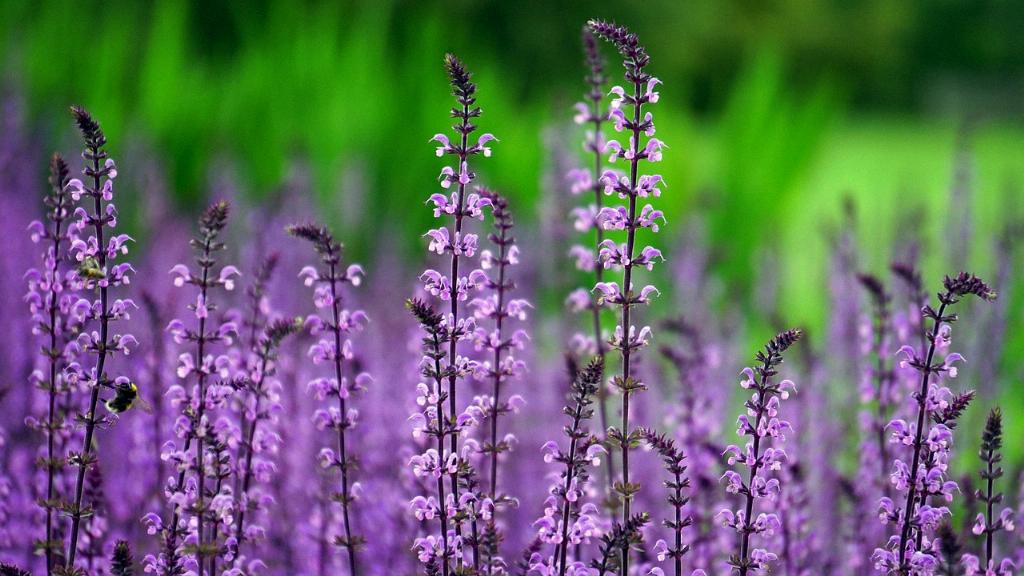Oh, the sweet allure of lilacs. Those delicate flowers that bloom in a myriad of hues, gracing gardens with their beauty and intoxicating fragrance. But amidst their aesthetic appeal, a question often arises – can you eat lilac?
The answer may surprise you – yes, you can indeed eat lilac flowers. Whether it’s the common lilac, the Persian lilac, or the Japanese tree lilac, these blooms are all safe for consumption. However, there are a few things to keep in mind when indulging in this floral treat.
For starters, timing is key. The best time to pluck lilac flowers for consumption is in the morning, after the dew has evaporated but before the sun’s heat can diminish their fragrance. This is the optimal time to gather the most fragrant and flavorful blooms.
When selecting lilac flowers to eat, opt for those that are fully bloomed and free from any signs of damage or discoloration. This ensures that you are consuming the freshest and most flavorful petals.
As with any new food, it’s advisable to consume lilac flowers in moderation, especially if you have never eaten them before. Start with small quantities to gauge how your body reacts to this floral addition to your diet.
One popular way to enjoy lilac flowers is by incorporating them into recipes. From salads to desserts, lilac petals can add a subtle floral flavor and a pop of color to your culinary creations.
If you prefer a more straightforward approach, you can simply nibble on the blooms on their own, savoring their delicate taste and fragrant aroma. It’s a unique and delightful experience for the adventurous foodie.
Before consuming lilac flowers, ensure that they have not been treated with any pesticides or chemicals that could be harmful if ingested. If you’re unsure about the source of the blooms, it’s best to err on the side of caution.
For those with allergies or sensitivities, it’s essential to exercise caution when trying new foods like lilac flowers. If you have a history of allergic reactions to flowers or plants, it’s advisable to consult a healthcare professional before sampling lilacs.
While lilac flowers are generally safe to eat, it’s essential to remember that not all flowers are edible. It’s crucial to accurately identify the blooms you intend to consume and ensure that they are indeed safe for human consumption.
In conclusion, the answer to the question “Can you eat lilac?” is a resounding yes. These delicate blooms offer a unique and flavorful addition to your culinary repertoire, allowing you to explore new tastes and textures in your meals. So go ahead, indulge in the beauty of lilacs not just with your eyes and nose, but with your taste buds as well.

